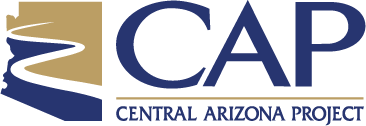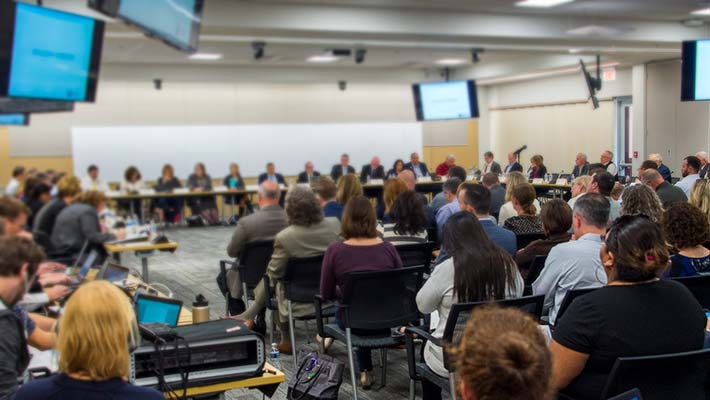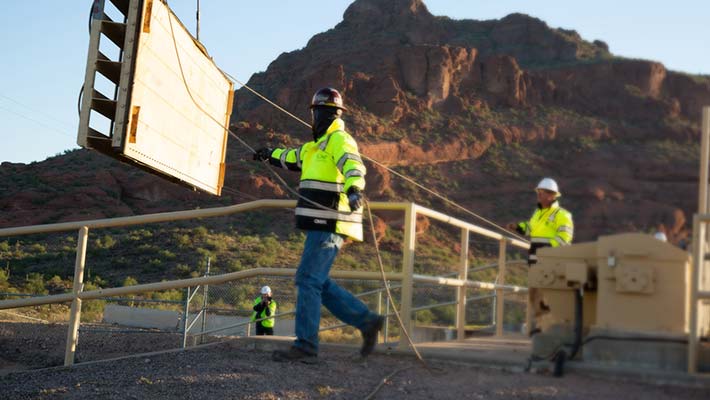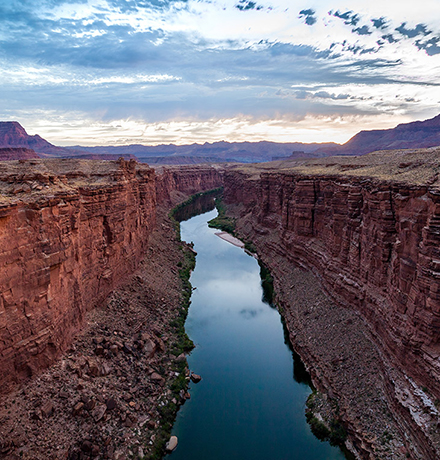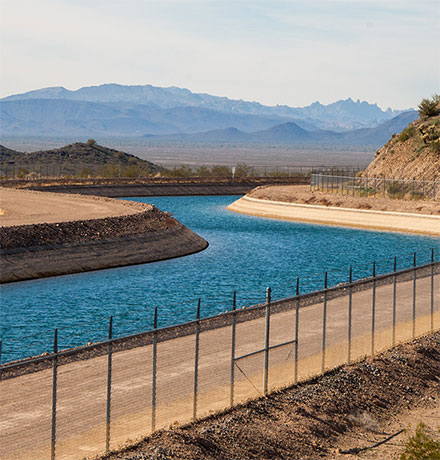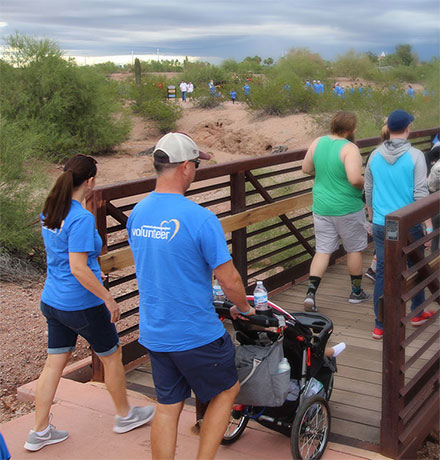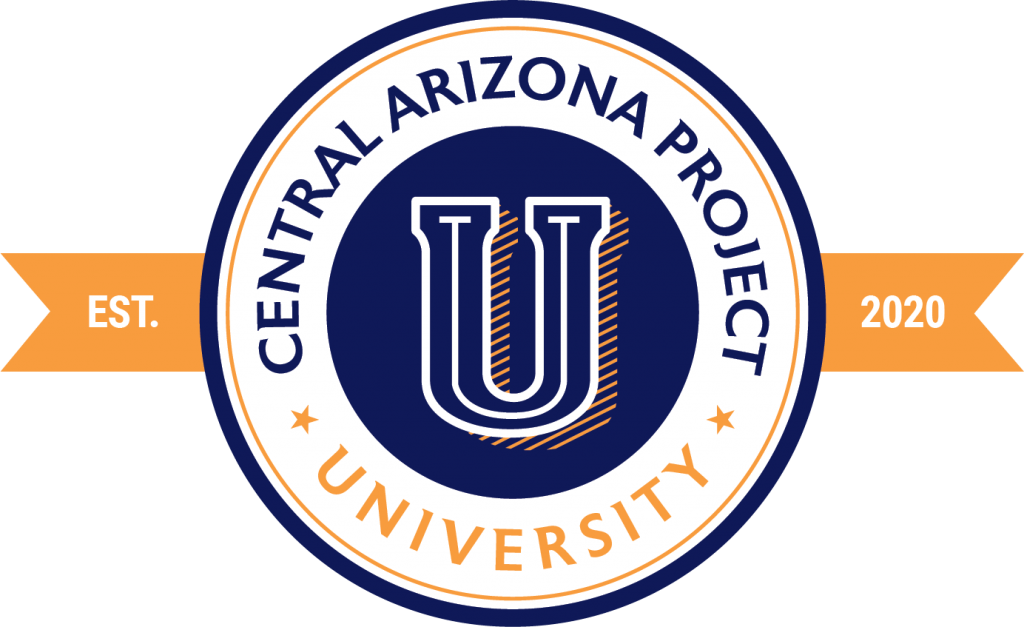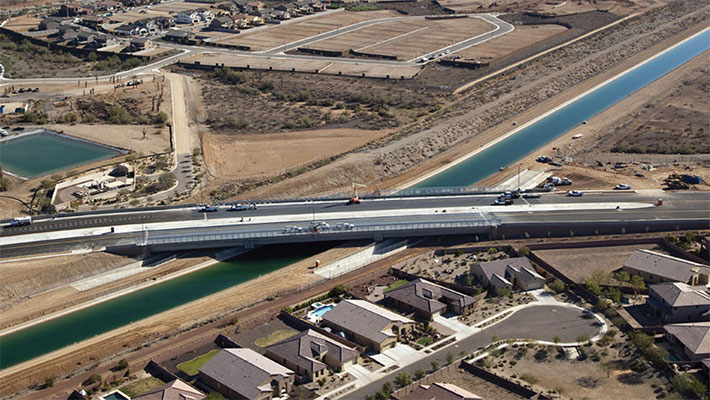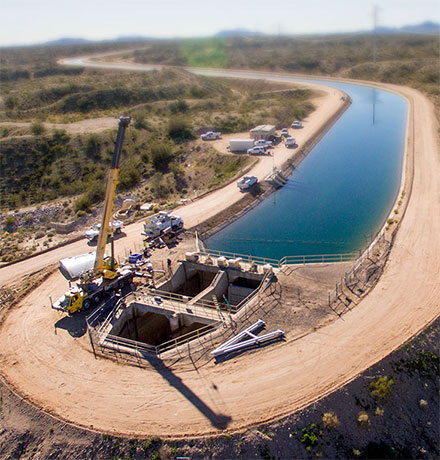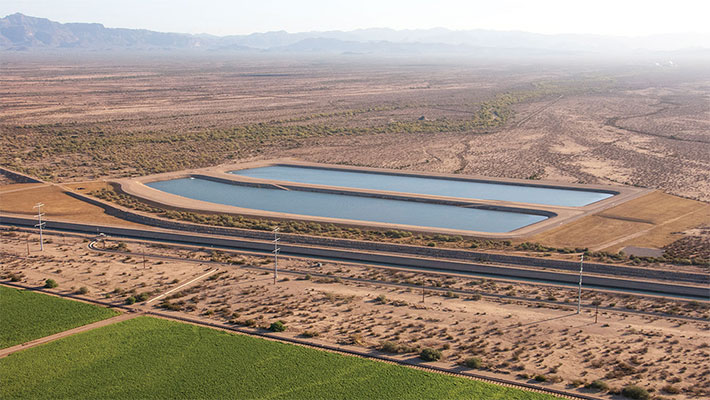Award for Research
CAP Award for Water Research
Submissions for the CAP Award for Water Research are accepted anytime during a given year through the form below. The deadline for submissions is June 1. Research submitted for this award should focus specifically on water issues that affect central and southern Arizona and the Colorado River. Papers can focus on legal, economic, political, environmental, or water management issues, as well as any other issue that might be of interest to CAP or Arizona water users. Priority will be given to Colorado River issues.
First Place: $3,500
Second Place: $2,000
Thank you for your interest in Central Arizona Project (CAP)! We take pride in investing in projects that further the awareness and education of water-related issues and that promote CAP’s name and mission in the community.
To apply for CAP sponsorship, please complete the Sponsorship Request form below. Requests for sponsorship should be submitted online only.
Requests may take up to six weeks to process. CAP reserves the right to evaluate or audit the activities of organizations receiving support, as well as to ensure that all promised sponsorship benefits have been received.
Suggested topics include but are not limited to:
- Drought management
- Environmental law
- Groundwater resources
- Indian water rights
- Public perception of water issues
- Recharge/replenishment
- Riparian habitat
- Subsidence
- Surface water
- Threatened/endangered species
- Water law
- Water policy/politics
- Water rights
- Water supply/use
Goals
- Encourage and support excellence in water research in Arizona’s colleges and universities.
- Reinforce CAP’s commitment to water education to hundreds of faculty members and students.
- Increase public interest in water issues associated with the use of Colorado River in Central and Southern Arizona.
- Reach and encourage college-level students interested in pursuing careers in water resource management.
Partnerships
- The CAP Award for Water Research is intended to increase awareness about water issues associated with CAP and the Colorado River.
- Award recipients may present their research during a public CAP board meeting.
- Winning papers will be published on the CAP website.
Research Criteria
- The CAP Award is available to graduate and undergraduate students at any college, university or trade school in the State of Arizona.
- Papers should address water issues facing the Lower Basin States and should be of interest to CAP and other water users. Priority will be given to papers addressing Colorado River issues.
-
Papers should represent original, unpublished work produced primarily by the students(s) and not exceed 25 pages (inclusive of references and supporting attachments).
Submission Guidelines
If you would like to submit the entry form, the complete paper and a one page abstract electronically, please complete the form below. Submissions for the CAP Award for Water Research are accepted anytime during a given year. The deadline for submissions is June 1.
Review Process
Submissions are reviewed by a committee comprised of a member of CAP’s popularly elected Board of Directors, CAP staff members and CAP water customers. All applicants are notified of the results of their applications through electronic correspondence.
